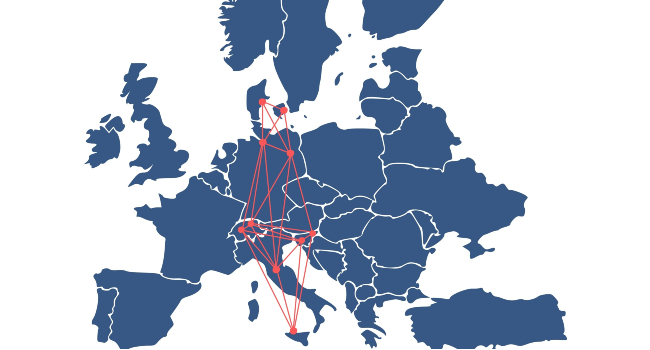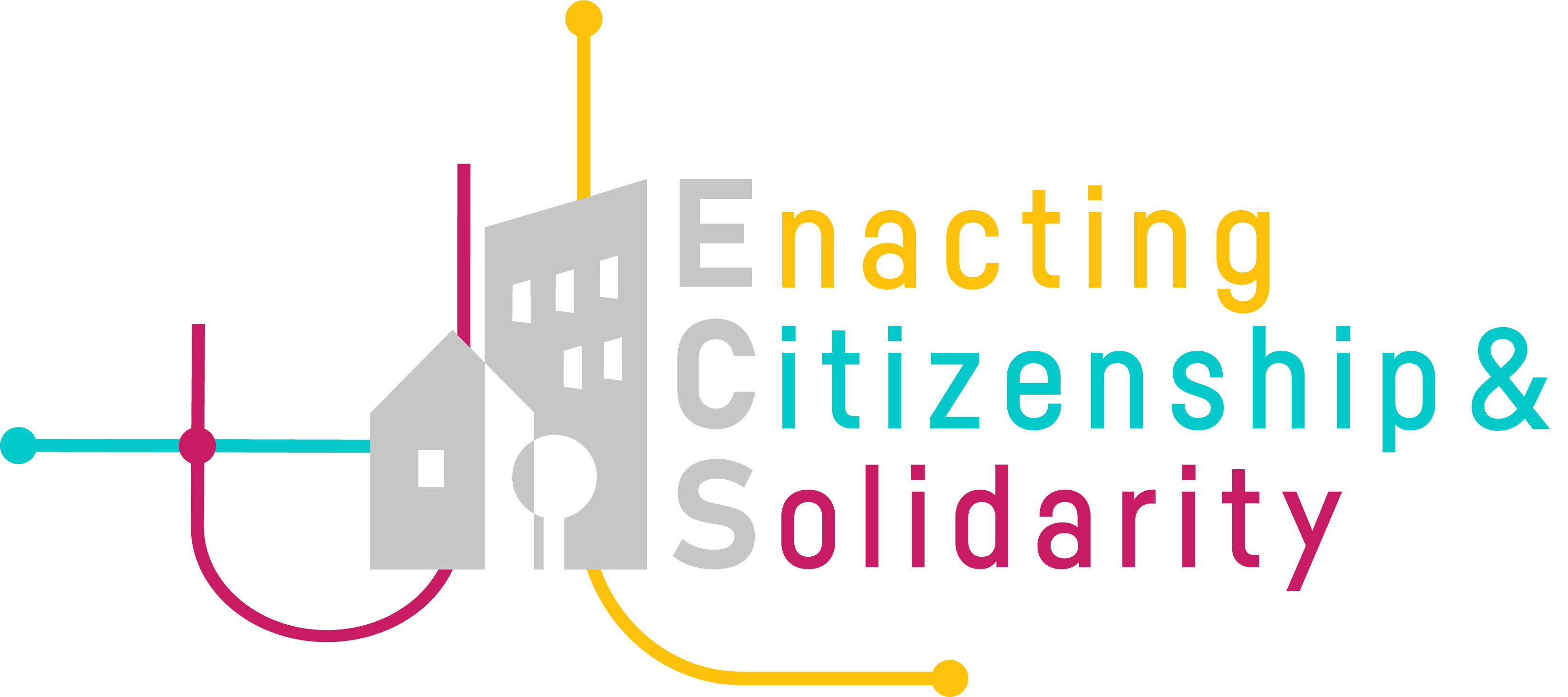Project Description
Reflecting the European challenge of transnational cooperation and multiple crises, this project asks how local political initiatives across Europe enact citizenship and solidarity and contribute to the vision of a more democratic Europe from below. With ten city-based case studies, we analyze initiatives in the fields of migrant rights, housing, and care work, and focus on the little-addressed challenge of developing intersectional strategies and networks beyond borders.
In the last two decades, the financial and economic crisis, the crisis of refugee politics, and the recent crisis of the Covid-19 pandemic have increased the challenges for Europe: While the nation-states dominating the European project have hardly been able to find adequate responses to these challenges, at the local level new forms of participation, democratic innovations, and practices of solidarity and citizenship are experimented with. In the humanities and social sciences, interest has grown in local political initiatives and the newly perceived role of cities in addressing global social problems and expanding democracy. The project proposed here takes up the question of how new, promising approaches can be identified at local scales vis-à-vis the longstanding challenges for Europe to establish cross-border cooperation and social cohesion, particularly regarding the social fields of migrant rights, housing, and care work; these have been deeply affected by the aforementioned crises. These three fields all manifest innovative approaches to urban politics, albeit with different spatial structures: 1) the field of migrant rights, with tensions between exclusionary (supra)national policies towards non-citizens and campaigns for the inclusion of all local residents; 2) the field of housing, with contestations over affordable housing increasingly shaping the social question at the urban scale; and 3) the field of care, with the distribution, recognition, and democratization of care becoming an urgent issue for urban communities.
Arguing that only research addressing the local scale and its multi-scalar entanglements can provide adequate responses to European challenges, the project team conducts ten qualitative case studies in European cities (two each in Italy, Slovenia, Switzerland, Germany, and Denmark). We focus on two aspects that have not yet been sufficiently explored: First, we analyze how political initiatives by civil society organizations and municipalities enact citizenship and solidarity at local scales, rearticulating concepts most often associated with nationstates, and generating alternative approaches to dealing with the challenge of integrating and democratizing Europe. Second, we examine how these local initiatives develop intersectional strategies and networks beyond borders in connecting different social fields and places, dealing with the emerging and as yet underresearched challenge of thematic and geographical isolation. We plan to study local initiatives’ discursive references, online environments, and socio-spatial relations by triangulating three qualitative methods: frame analysis, digital ethnography, and global ethnography. This project will contribute to debates on urban social movements, civic engagement and municipal politics, intersectional studies, European studies, and social theory; it will sharpen concepts of citizenship, solidarity and democracy in a practice-theoretical, intersectional, and transnational perspective. We aim to identify “best practices” as well as their potential for reviving a democratic Europe “from below.”

